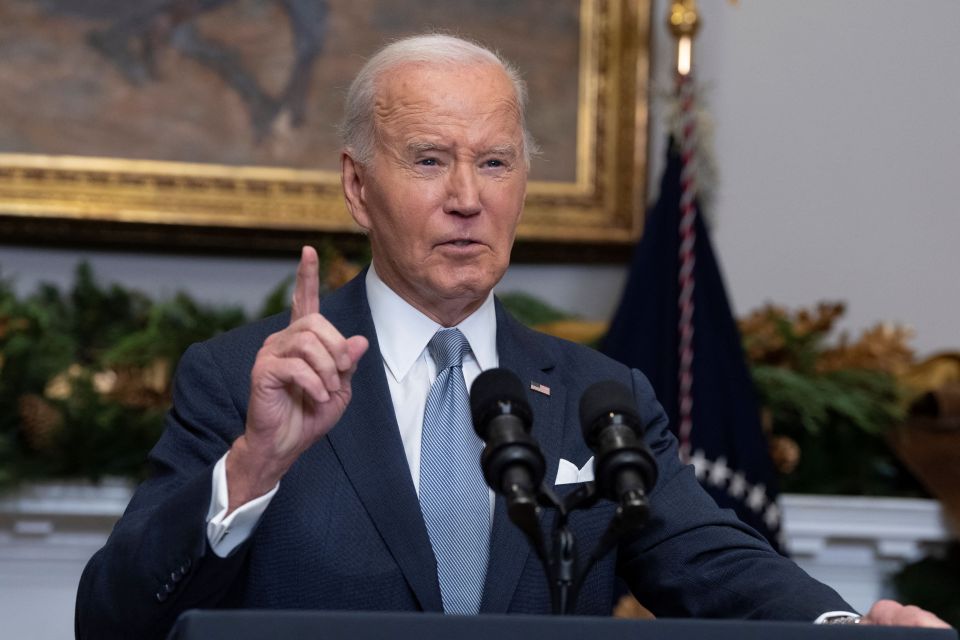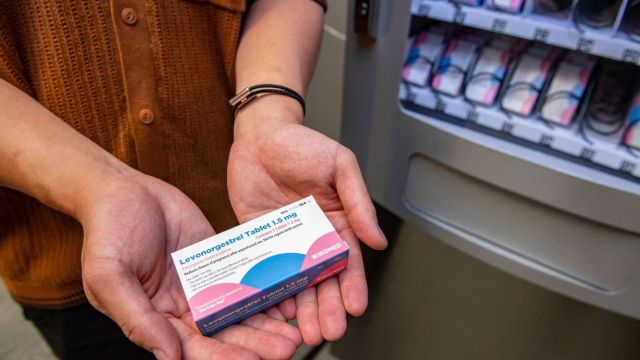Awareness Gap: California Students Uninformed About on-campus Abortion Pills
When Deanna Gomez discovered she was pregnant in September 2023, she thought the timing could not have been worse.
The college senior at California State University-San Bernardino worked 60 hours per week at two jobs. She took birth control. Motherhood was not in the plans. Not yet. “I grew up impoverished. “And I never want that for my children,” she stated.
She preferred a pharmaceutical abortion. It’s a two-step process: one medicine to stop the pregnancy, then another a day later to cause discomfort and bleeding and empty the uterus. Gomez did not bother visiting the university health clinic, believing it was primarily for basic health needs.
She ended up commuting almost 300 miles and spending hundreds of dollars on medical and travel charges to get a medication abortion. She skipped a month of classes, putting her graduation date in peril. She had no notion she was eligible for a free medication abortion right on campus.
An LAist investigation discovered that one year after California became the first state to require its public institutions to give abortion pills to students, basic information on where or how students can receive the drug is scarce and, in many cases, nonexistent.
“I was really upset when I found out,” Gomez told the LAist. “I had to push myself to make that money happen.”
LAist discovered that 11 of 23 CSU campus clinics did not provide information regarding medication abortion on their websites, nor did they indicate it as a service offered. Eight of the University of California’s ten campuses mentioned medication abortions on their clinic websites. (Five CSU institutions and one UC campus provided additional information after LAist published a version of this article.)
Through interactions with students and staff at numerous universities, LAist discovered that there was minimal information available for students to purchase the drugs.
“If I had known that, I would have taken advantage of it,” she remarked. “I spent a lot of time driving around after work, switching schedules, putting my homework on the back burner.” In 2019, California lawmakers enacted legislation requiring all 33 of the state’s public university campuses to provide abortion pills. It became effective in January 2023.
“We wanted to make sure that students, particularly female students, had access to this right,” said Connie Leyva, the bill’s author and former Pomona-area state senator.
The legislature established a $10.3 million fund from private contributions to assist institutions in implementing the new law. Each site received $200,000 in one-time assistance to cover the cost of medication as well as facility enhancements, equipment, training, telehealth services, and security improvements.
The financing did not include a requirement that campus clinics notify students that the drug was accessible to them.
Leyva stated that she does not recall any discussions regarding “including something on advertising that you could get a medicated abortion on campus.” She expressed disappointment with the law’s execution, but not surprise.
“Everything starts from the top. And if the university’s president or chancellor knows they have to offer it, but doesn’t feel that women should have access to abortion services, they may just think, ‘We’ll leave it off, we don’t have to worry about it,'” Leyva explained.
According to school spokesperson Ryan King, UC President Michael Drake was not available for comment.
“The student communities at each UC campus are unique,” Heather Harper, a UC Health spokesman in Drake’s office, stated in an email. “As a result, communication to students at each location takes different forms and may include website content, flyers, emails, person-to-person conversations or other methods.”
The office of CSU Chancellor Mildred García did not respond to a request for comment. Abortion was only addressed once on Gomez’s San Bernardino campus: in small letters on a poster within the health center’s exam rooms. A student would not notice this until they were already waiting for a doctor or nurse.
“We need to work harder if there is a student who needs the service but is unaware that they can get it through us and not have to pay for it,” said Beth Jaworski, executive director of health, counseling, and wellness at CSU-San Bernardino. “But there’s just one pupil. We haven’t been providing this service for very long. It’s been approximately a year now.
The clinic’s website now lists medication abortion as one of its services.
Ray Murillo, interim assistant vice chancellor of student affairs at California State University, said he and other administrative staffers are developing guidance to ensure campuses share the same information “to help in our training efforts for frontline staff and providers when they’re being asked questions about the service and what we provide.”
Gomez wants more done, including flyers, emails, and social media posts aimed at both faculty and students. “You want to sell the football games and the volleyball games. Why is that significant while abortions are not? She said.
Gomez did graduate in December 2023, becoming the first member of her family to complete a bachelor’s degree. But she’s upset with her former mater for keeping the abortion pills a secret.











